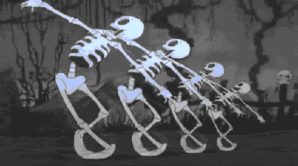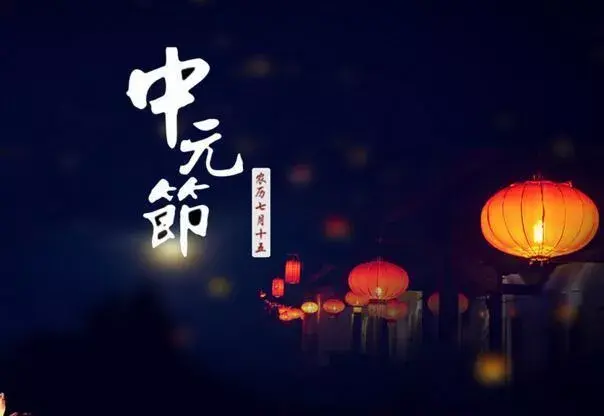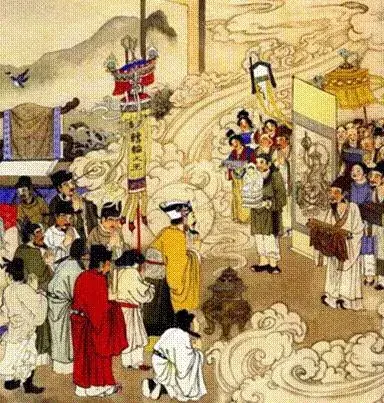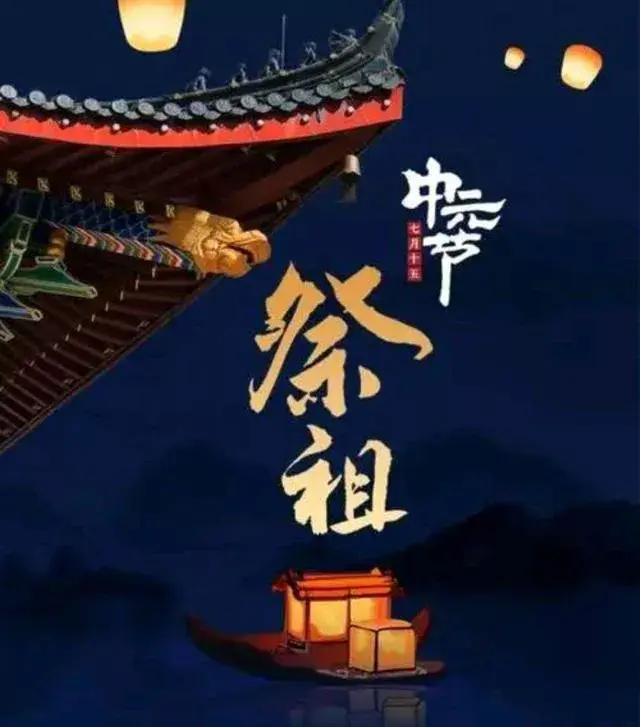The Ghost Festival, also known as the Bon Festival and Ghost Festival, occupies an important position in traditional Chinese festivals. It originates from ancient Chinese folk beliefs and is a festival established to worship ancestors and the spirits of the dead. The following will reveal the cultural connotation of the Ghost Festival in terms of its origin, status, date and related customs, its relationship with Buddhism and Taoism, religious significance, and folk activities and evolution.
1. The origin of the Ghost Festival
The Ghost Festival originated from ancient Chinese folk beliefs and was mainly influenced by Buddhism and Taoism. According to historical records, the earliest appearance of the Hungry Ghost Festival was the Bon Festival in Buddhism. It is said that the Buddhas come to the world during the annual Obon Festival to save the souls of the dead who have not yet exhausted their karma. Later, Taoism developed its own Hungry Ghost Festival, which emphasized worshiping ancestors and the souls of the dead in hell. These beliefs gradually merged to form the way of celebrating the Hungry Ghost Festival today.
2. The status of the Ghost Festival in traditional Chinese culture
As an important festival in traditional Chinese culture, the Ghost Festival has always been regarded as a time to worship ancestors and the spirits of the dead. In ancient times, the Hungry Ghost Festival was an opportunity for people to remember their ancestors and express respect. The Ghost Festival is also considered to be a bridge between the human world and the underworld. People pay respect to their ancestors through sacrifices and pray for their blessings and blessings.
3. The date and related customs of the Hungry Ghost Festival
The Ghost Festival usually falls on the 15th day of the seventh lunar month and is a traditional Chinese ghost festival. On this day, people will prepare sumptuous meals for their ancestors and the spirits of the dead, and burn items such as paper money and incense candles to provide for the spirits of the dead. In addition, people held blessing ceremonies, traditional performances such as lion dance and dragon lantern dance, as well as activities such as setting off sky lanterns and fireworks to express people's thoughts and blessings for their ancestors and the spirits of the dead.
4. The relationship between the Ghost Festival and Buddhism and Taoism
The celebration of the Hungry Ghost Festival is closely related to Buddhism and Taoism. In Buddhism, the Ghost Festival is the Obon Festival, which is an important moment to save the souls suffering in hell and to express compassion and the spirit of benefiting all living beings; while in Taoism, the Ghost Festival is a time to sacrifice ghosts. , it is believed that on this day the entrance and exit of the underworld will be opened, and the souls of the dead can come to the human world, so sacrifices and help are needed.
5. The religious significance of the Ghost Festival
The Ghost Festival is not only a traditional festival, but also has religious significance. It emphasizes saving the souls of the dead and compassion in Buddhism, and inherits the Buddhist spirit of compassion. In Taoism, the Hungry Ghost Festival is a time of respect and memory for the dead. Whether it is Buddhism or Taoism, the Hungry Ghost Festival is an important moment to commemorate and worship ancestors and the spirits of the dead.
6. Folk activities and evolution of the Ghost Festival
With the development of society and the changes of the times, the folk activities of the Ghost Festival are also constantly evolving. In the traditional Hungry Ghost Festival celebrations, in addition to offering sacrifices to ancestors and spirits of the dead, there are also activities such as lion dances, dragon lantern dances, and fireworks. In modern society, some places also hold some Hungry Ghost Festival performances and activities for the purpose of entertainment and inheritance, attracting more people to participate.
To sum up, as an important festival in Chinese traditional culture, the Ghost Festival not only contains rich religious significance, but also has profound historical and cultural connotations. It is an opportunity for people to express respect for their ancestors and the spirits of the dead, and it is also a moment to inherit and promote traditional culture. Whether it is the solemn and mysterious religious significance or the cheerful and lively folk activities, the Ghost Festival occupies a unique position in the daily life of Chinese people. (Pictures come from the Internet)




Articles are uploaded by users and are for non-commercial browsing only. Posted by: Lomu, please indicate the source: https://www.daogebangong.com/en/articles/detail/zhong-yuan-jie-de-you-lai-ji-wen-hua-nei-han-dao-di-you-duo-shen.html

 支付宝扫一扫
支付宝扫一扫 
评论列表(196条)
测试